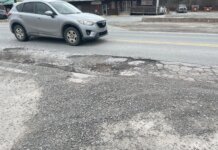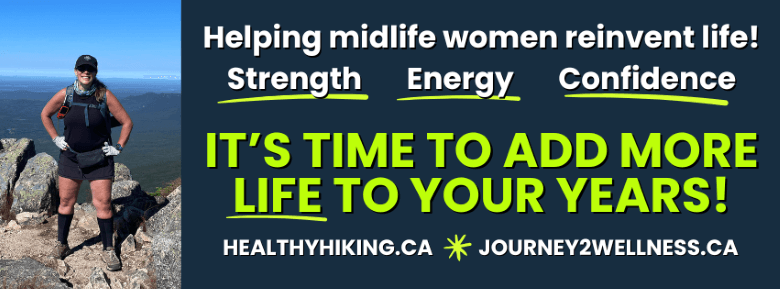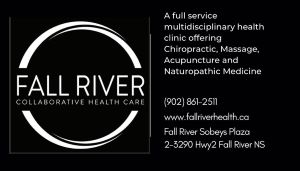
HALIFAX: If Nova Scotia is to remain safe and keep COVID-19 at bay, residents need to make it part of their routine to get tested weekly for the deadly virus, even if they’ve tired of it, says an infectious disease expert.
Dr. Lisa Barrett spoke to The Laker News in a video interview on May 19. The original scheduled interview had to be postponed after the outbreak at the Halifax Infirmary was announced as she was overseeing that.
The link to the full interview is below in the story, with excerpts from it making up what our story is.
With not as many long lines as in weeks before at test sites, Dr. Barrett was asked if the zest for popup testing has worn off.
“Compared to my targets, which is 2,000 people going through at every popup every day, which is about five per cent of the population,” said Dr. Barrett, “We’re not there anymore. We were for awhile.
“Having said that, we’re still ahead of any other province for asymptomatic testing in terms of the numbers being looked at. It’s still finding a good chunk of the cases that we’re seeing in the third wave before they otherwise would have been detected.”
She thinks people have become fatigued on testing.
“Has the shine worn off? I think people get a bit tired, but it’s like security at the airport, right,” said Dr. Barrett. “Your new Covid security is going to be testing every week for a long time. I think people are coming around to that idea.”
Here is the full-length zoom interview with Dr. Lisa Barrett. Video editing by: Dagley Media.
Dr. Barrett said pandemic advice and information changes constantly, so people should be aware of that in regard to the pause on the AstraZeneca vaccine being sued in N.S.
“To me, this wasn’t completely unexpected that the advice was going to change, but it was because the health information around AstraZeneca was changing in real time,” she said. “Does it mean it’s not effective? Nope, AstraZeneca is effective. Does it mean it’s not safe? It’s certainly a rare side effect that happens. People need to be aware of it.
“We will be protecting peoples second dose and we’ll see what the new study coming out shows about being able to mix and match, and whether you should or shouldn’t.
“Don’t feel hoodwinked. Don’t feel you were told to do something that was unsafe, but if there are other options available like other vaccine that don’t have the same side effect, it kind of makes sense to take them.”
She spoke about what is known at this point on the effectiveness of the vaccine against the variants of COVID-19. Dr. Barrett said the question is one that will cause trouble wi9th messaging over time.
“Immunity and protection are not an on, off switch,” she said. “Instead of like an on/off light switch, I like to think of it as a dimmer. When you think about that, the variants do dim the response a bit, but they do not seem to affect the ability to protect from death and hospitalization. That’s good.
“Does it protect against early or mild infections, we’re not sure yet. There is the chance that over time the vaccines won’t work quite as well against some of the variants. Right now, preventing death and hospitalization is a good thing.
“It looks like right now that almost all of the vaccines work against the variants in many different ways.
When asked about what the latest on whether someone who is vaccinated can still carry the virus and infect someone who isn’t vaccinated, Dr. Barrett said there’s a long and short answer to that. She said to sum it up—even if you’re vaccinated, don’t change anything that you’re doing as you were before getting vaccinated.
“The short answer is that I don’t assume vaccinated people are completely unable to transmit the virus,” said Dr. Barrett. “I do think that they still can a little bit. Vulnerable people at this point include those who aren’t vaccinated.”
Dr. Barrett was asked how she would appeal and speak to those that are not taking our current situation seriously. She called it a tough one for a Wednesday morning.
“I think everyone is doing the best they can right now,” she said. “Keeping to the idea that we’re into a long stretch, hopefully the final laps of this for the next number of months and we can get back to COVID living, won’t be the same.
“I will say that it’s really important to remember that this virus travels without symptoms. You may not know who you are putting in danger.
“I think there’s almost no one in the community that can’t understand that there are vulnerable people, even after vaccination, and we need to protect them. The best way to protect them is to take this seriously.”

































